Kenya’s oil and gas regulator to fly out trainees under its upstream training programme
[twitter-follow screen_name=’oilnewskenya’]
National Oil has unveiled a human resource capacity development programme for the emerging upstream oil and gas sector. The first group of 34 management trainees has already been recruited.
Some of the trainees have already left the country to study for Masters level degree courses in different upstream oil and gas related courses. The rest will be leaving in the coming weeks.
The management trainee programme is the first of its kind by an indigenous Kenyan oil and gas company and will cost National Oil a total of Ksh. 410 million. The 34 trainees were recruited a year ago and have been undergoing orientation, training, field work and attachment in exploration companies.
They will attend specialist oil and gas courses in petroleum reservoir engineering, geochemistry, geophysics, petroleum economics and petroleum law.
The initiative is part of the ongoing strategic positioning of National Oil to be a key player in the emerging upstream oil and gas sector following recent commercial oil and gas discoveries in the country and the region.
The 34 trainees have been admitted to leading universities in the UK, America, Canada, Australia and Netherlands. Some of these universities include the University of Tulsa in USA, Newcastle University, University of Leeds and Imperial College in England, and the University of Aberdeen in Scotland.
The training will range from one to two years after which the trainees will return to Kenya to perform specialist oil and gas exploration and production functions.
A study commissioned in 2013 by Africa Oil and Lundin Foundation on skills and training needs for Kenya’s emerging upstream oil and gas sector indicated that between 6,000 and 15,000 new jobs will be created during the next 10 years. Most of these jobs will require specialized skills and Kenyans risk missing out on these jobs to expatriate workers if the right local human resource capacities are not developed.
It is estimated that Kenya will commence oil production from the Turkana basin where a majority of the recent discoveries have been made within the next five years. Global Data, an international research company on energy estimates that oil wells in Turkana could generate over US$10 billion in revenues over a three decade production period.
According to the Africa Oil and Lundin Foundation study, five of the top 15 occupations required by the oil and gas sector require university degrees with specializations in oil and gas including geologists and geophysicists, petroleum engineers, process engineers and operators, and strong managerial expertise.
Through the management trainee programme National Oil’s long-term goal is to develop a large pool of skilled professionals so as to ensure that the industry is not constrained by lack of adequate local skilled labour.
Kenya has 68 public and private universities and though many offer geo-science and engineering programs, the upstream oil and gas sector, being new, is an emerging area of focus and specialization for the educational sector in Kenya and the region. The entire team of 34 trainees will therefore proceed to universities abroad offering the required specializations.
To facilitate local capacity building, National Oil has partnered with local universities including the University of Nairobi and Kenyatta University to support them in developing courses relevant to the upstream oil and gas sector.
[twitter-follow screen_name=’oilnewskenya’]





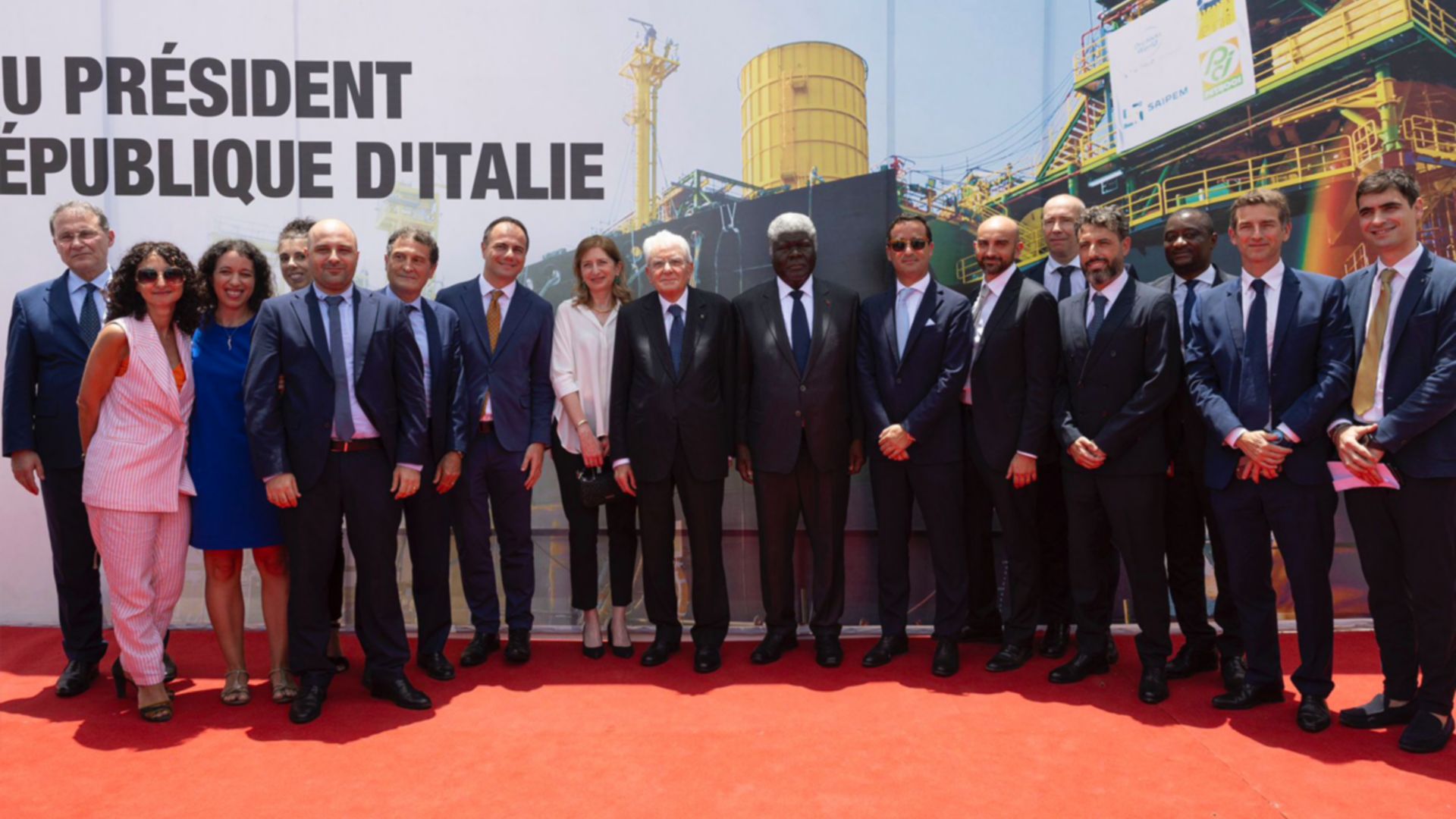
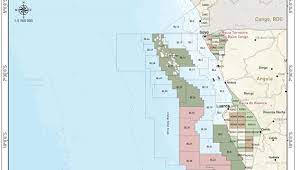
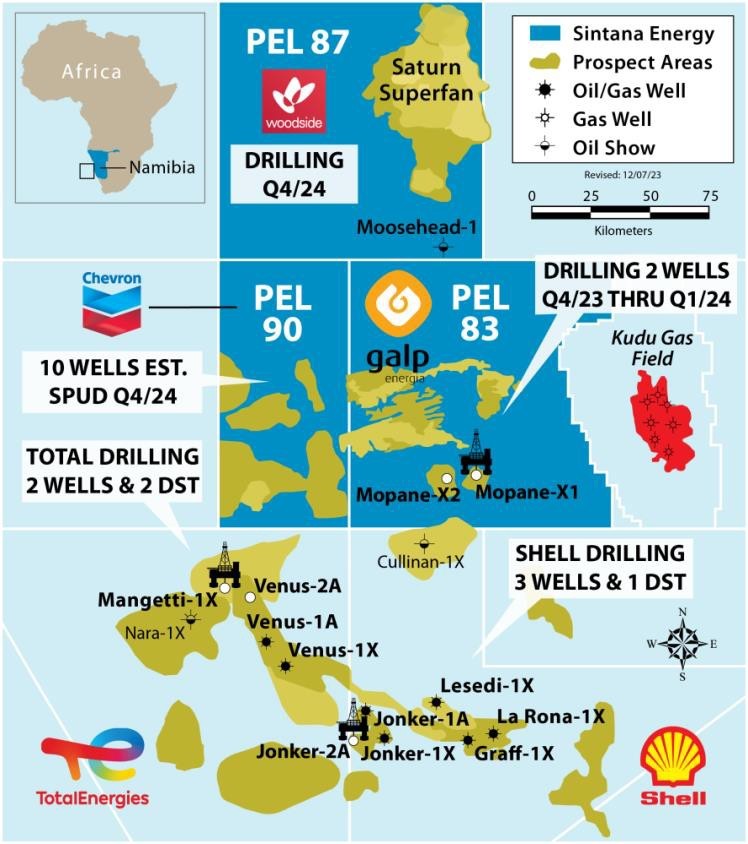
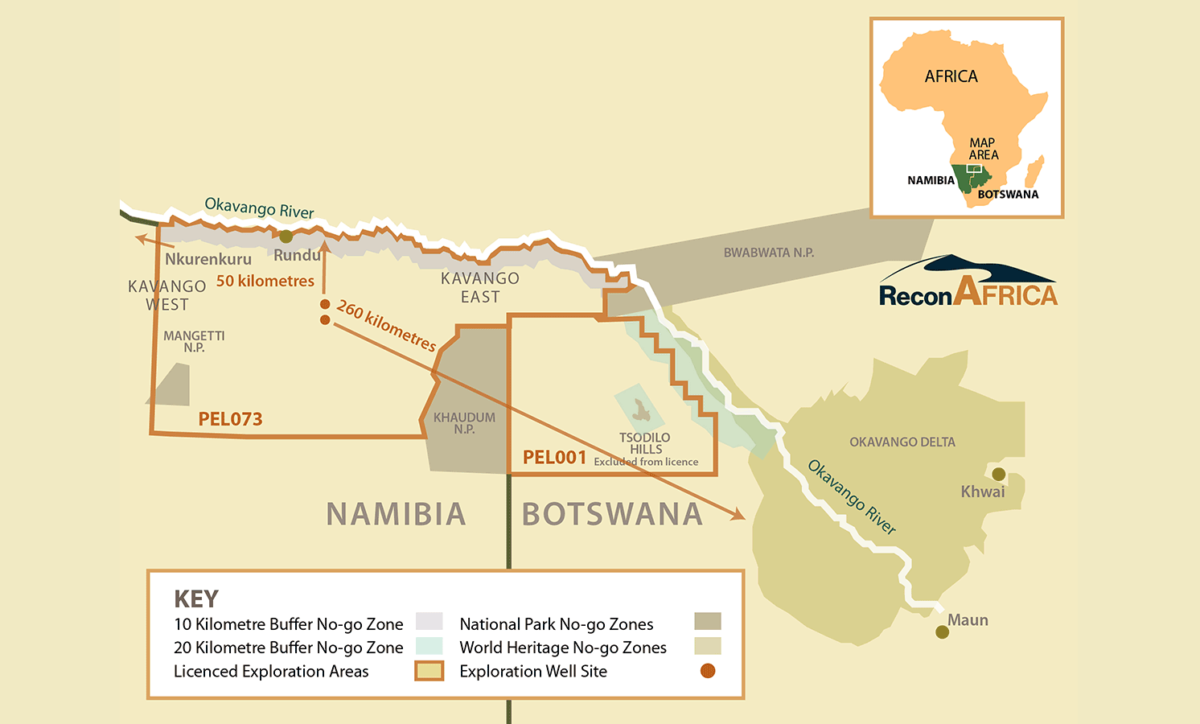
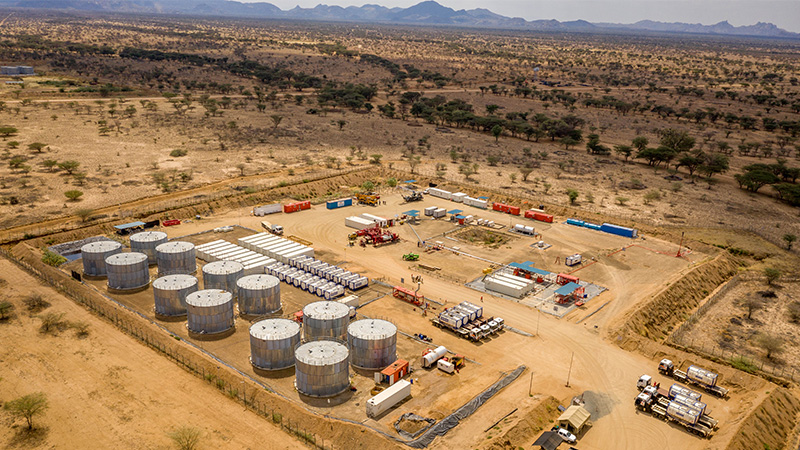
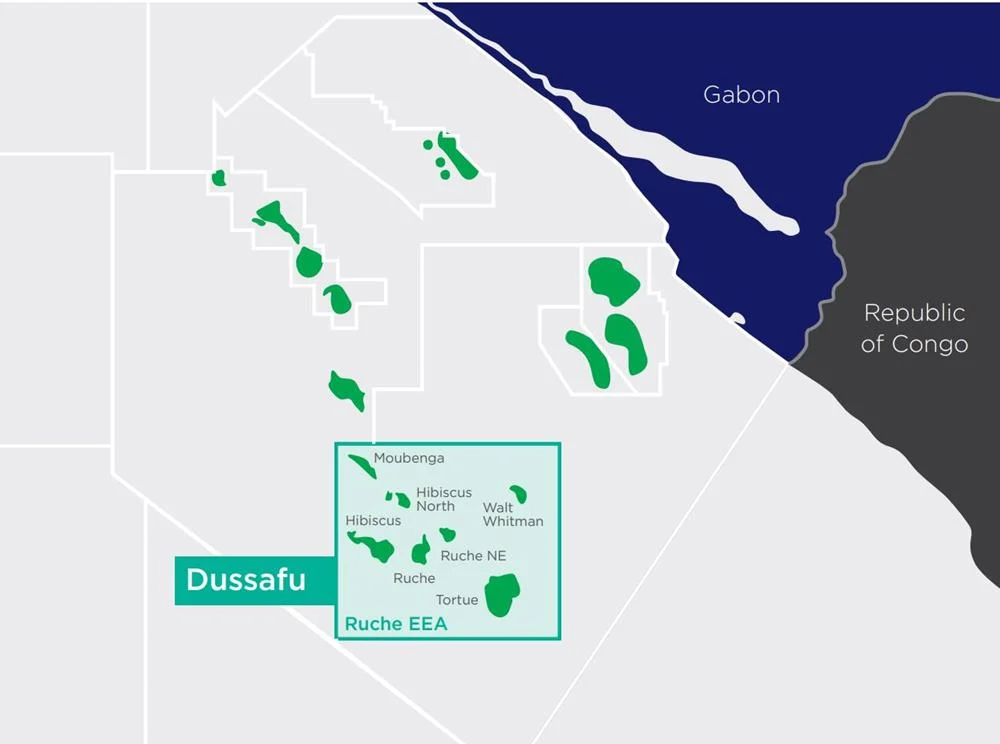

my oppinion is that the ministry of petroleum should also partner with upcoming universities especially those students taking bachelor of science physics so that they can specialise in the geophysics side. this will increase the workforce in the sector